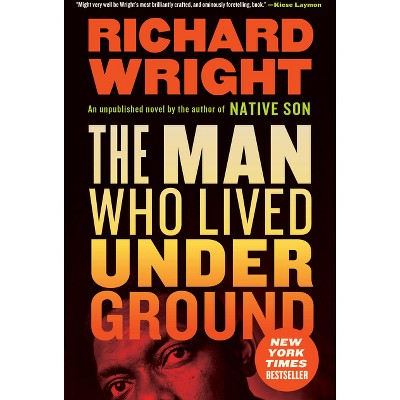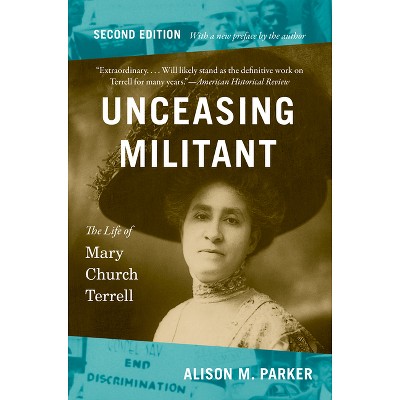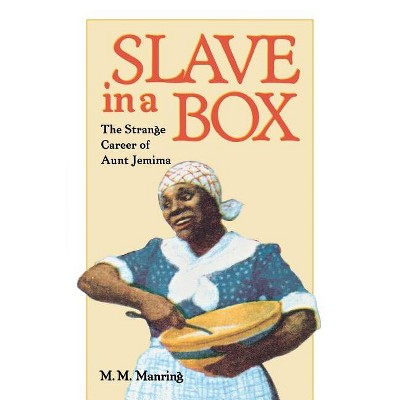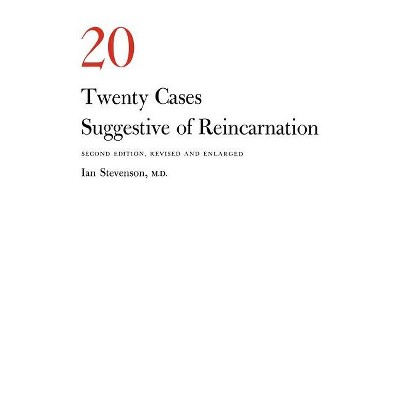Sponsored

Forgotten Time - (American South) by John C Willis (Paperback)
In Stock
Sponsored
About this item
Highlights
- Although it came to epitomize the Cotton South in the twentieth century, the Yazoo-Mississippi Delta emerged as a distinct entity in the decades following the Civil War.
- About the Author: John C. Willis is Associate Professor of History and Director of the Center for Teaching at the University of the South.
- 239 Pages
- History, United States
- Series Name: American South
Description
About the Book
The Yazoo-Mississippi Delta has long been seen as a focal point for the study of Reconstruction, and Forgotten Time enters this historiographical tradition at the same time that it reverses many of its central assumptions.Book Synopsis
Although it came to epitomize the Cotton South in the twentieth century, the Yazoo-Mississippi Delta emerged as a distinct entity in the decades following the Civil War. As other southerners confronted the need to rebuild, the Delta remained mostly wilderness in 1865. Elsewhere, planters struggled to maintain the perquisites of slaveholding and poor families tried desperately to escape the sharecropper's lot, yet Delta landlords offered generous terms to freed people willing to clear and cultivate backcountry acres subject to yellow fever and yearly flooding. By the turn of the century, two-thirds of the region's farmers were African Americans, whose holdings represented great political and economic strength.
Most historical studies of the Delta have either lauded the achievements of its white planters or found its record number of lynchings representative of the worst aspects of the New South. By looking beyond white planters to the region as a whole, John C. Willis uncovers surprising evidence of African-American enterprise, the advantages of tenancy in an unstable cotton market, and the dominance of foreign-born merchants in the area, including many Chinese. Examining the lives of individuals--freedmen, planters, and merchants--Willis explores the reciprocal interests of former slaves and former slaveholders. He shows how, in a cruel irony replicated in other areas of the South, the backbreaking work that African Americans did to clear, settle, and farm the land away from the river made the land ultimately too valuable for them to retain. By the beginning of the twentieth century, the Delta began to devolve back into a stereotypical southern region with African Americans cast back into an impoverished, debt-ridden labor system.
The Yazoo-Mississippi Delta has long been seen as a focal point for the study of Reconstruction, and Forgotten Time enters this historiographical tradition at the same time that it reverses many of its central assumptions.
Review Quotes
John C. Willis's moving study of the Mississippi Delta country after the Civil War presents an historical tapestry both inspiring and tragic. With impressive archival command, he reveals that, contrary to longstanding assumptions, hundreds of freedmen acquired thousands of fabulously productive acres in the Delta after the Civil War. By the mid 1890s, however, these landowners fell victim to hostile banks, white chicanery, disastrously low cotton prices, and the failure of a flawed, post-Reconstruction political fusion of wealthy whites and compliant blacks. Willis's canvas is filled with fascinating characters, from Colonel William A. Percy, a fairminded paternalist, to freedman Bohlen Lucs, who defied fate and man to uphold his ideals and property. Forgotten Time reminds us how rich, intellectually exciting, and varied Southern history can be when told with eloquence and sensitivity.
--Bertram Wyatt-Brown, University of FloridaAbout the Author
John C. Willis is Associate Professor of History and Director of the Center for Teaching at the University of the South. He coedited, with Edward L. Ayers, The Edge of the South: Life in Nineteenth-Century Virginia.
Shipping details
Return details
Trending Non-Fiction

















